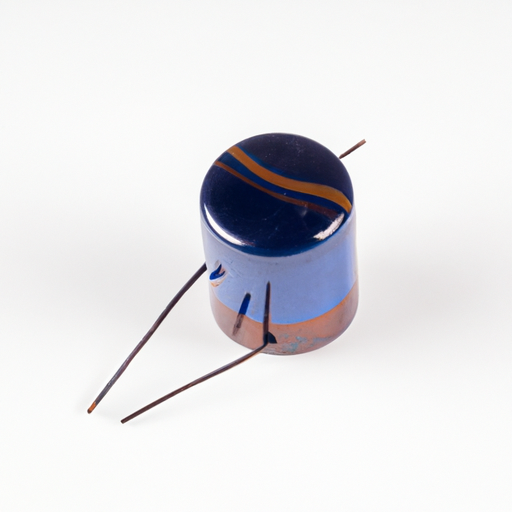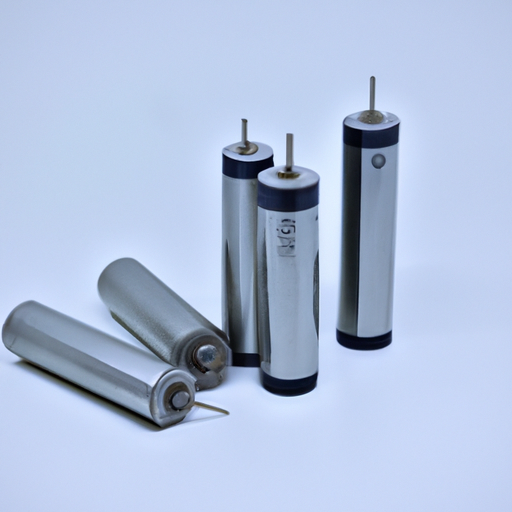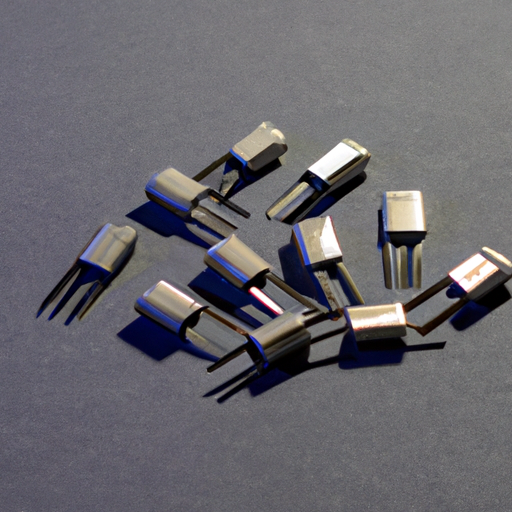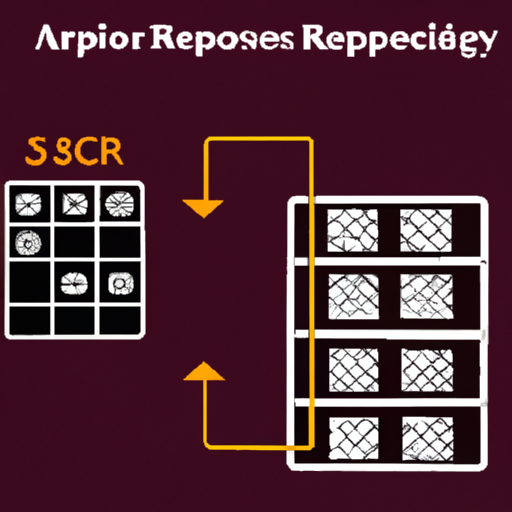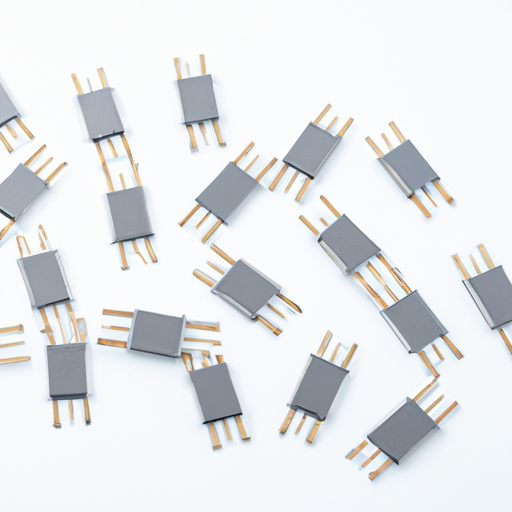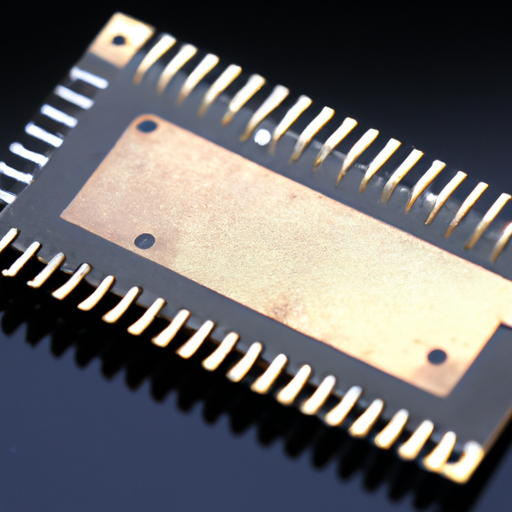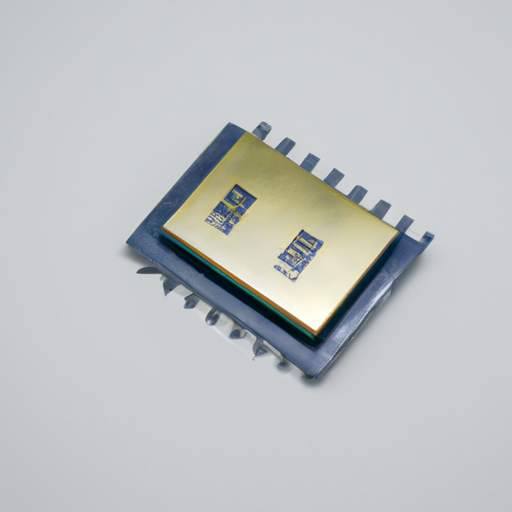What Kind of Product Are Power Capacitors?
I. Introduction
In the realm of electrical engineering, power capacitors play a pivotal role in ensuring the efficiency and reliability of electrical systems. But what exactly are power capacitors? In this article, we will delve into the definition, characteristics, types, applications, advantages, challenges, and future trends of power capacitors, providing a comprehensive understanding of this essential component in modern electrical systems.
II. Understanding Capacitors
A. Basic Principles of Capacitors
1. **Definition and Function**: A capacitor is an electronic component that stores and releases electrical energy. It consists of two conductive plates separated by an insulating material known as a dielectric. When voltage is applied across the plates, an electric field is created, allowing the capacitor to store energy.
2. **Components of a Capacitor**: The primary components of a capacitor include the conductive plates, the dielectric material, and the terminals through which the capacitor connects to a circuit. The choice of dielectric material significantly influences the capacitor's performance, including its capacitance value and voltage rating.
B. Types of Capacitors
Capacitors come in various types, each designed for specific applications. The most common types include:
1. **Electrolytic Capacitors**: These capacitors are polarized and typically used in power supply circuits due to their high capacitance values.
2. **Ceramic Capacitors**: Known for their stability and reliability, ceramic capacitors are often used in high-frequency applications.
3. **Film Capacitors**: These capacitors use a thin plastic film as the dielectric and are favored for their low loss and high insulation resistance.
4. **Power Capacitors**: Specifically designed for power applications, power capacitors are crucial for managing reactive power in electrical systems.
III. What Are Power Capacitors?
A. Definition and Characteristics
Power capacitors are specialized capacitors designed to improve the efficiency of electrical systems by managing reactive power. They help stabilize voltage levels, reduce energy losses, and enhance the overall performance of electrical equipment.
B. Types of Power Capacitors
1. **Shunt Capacitors**: These are connected in parallel with the load and are primarily used for power factor correction. They help to offset the inductive effects of motors and transformers.
2. **Series Capacitors**: Connected in series with the load, these capacitors are used to improve voltage regulation and increase the transmission capacity of power lines.
3. **Power Factor Correction Capacitors**: These capacitors are specifically designed to improve the power factor of electrical systems, reducing the amount of reactive power drawn from the grid.
C. Key Specifications
When selecting power capacitors, several key specifications must be considered:
1. **Voltage Rating**: This indicates the maximum voltage the capacitor can handle without failure. It is crucial to choose a capacitor with a voltage rating that exceeds the maximum operating voltage of the system.
2. **Capacitance Value**: Measured in farads, the capacitance value determines how much electrical energy the capacitor can store. The required capacitance value depends on the specific application and the amount of reactive power that needs to be compensated.
3. **Temperature Rating**: Power capacitors must operate effectively within a specified temperature range. High temperatures can lead to degradation and reduced lifespan, so it is essential to select capacitors rated for the expected operating conditions.
IV. Applications of Power Capacitors
A. Power Factor Correction
1. **Importance in Electrical Systems**: Power factor correction is vital for maintaining the efficiency of electrical systems. A low power factor indicates that a significant amount of reactive power is being drawn, leading to increased energy costs and potential penalties from utility companies.
2. **Benefits of Power Factor Correction**: By using power capacitors for power factor correction, businesses can reduce their energy costs, improve the capacity of their electrical systems, and enhance the overall reliability of their operations.
B. Energy Storage
1. **Role in Renewable Energy Systems**: Power capacitors are increasingly used in renewable energy systems, such as solar and wind power, to store excess energy generated during peak production times. This stored energy can then be released when demand is high, helping to balance supply and demand.
2. **Applications in Electric Vehicles**: In electric vehicles (EVs), power capacitors are used to store energy during regenerative braking, allowing for improved efficiency and extended driving range.
C. Voltage Regulation
1. **Stabilizing Voltage Levels**: Power capacitors help stabilize voltage levels in electrical systems, ensuring that equipment operates within safe limits. This is particularly important in industrial settings where voltage fluctuations can lead to equipment damage.
2. **Enhancing System Reliability**: By maintaining stable voltage levels, power capacitors enhance the reliability of electrical systems, reducing the risk of outages and equipment failures.
D. Motor Starting and Running
1. **Use in Induction Motors**: Power capacitors are commonly used in induction motors to provide the necessary starting torque. They help improve the motor's efficiency during both starting and running conditions.
2. **Benefits in Industrial Applications**: In industrial settings, the use of power capacitors in motor applications can lead to significant energy savings and improved operational efficiency.
V. Advantages of Power Capacitors
A. Improved Efficiency
Power capacitors enhance the efficiency of electrical systems by reducing energy losses associated with reactive power. This leads to lower energy consumption and reduced operational costs.
B. Reduced Energy Costs
By improving the power factor and stabilizing voltage levels, power capacitors can help businesses save on energy costs and avoid penalties from utility companies.
C. Enhanced System Stability
Power capacitors contribute to the overall stability of electrical systems, reducing the risk of voltage fluctuations and equipment failures.
D. Longevity and Reliability
High-quality power capacitors are designed for longevity and reliability, ensuring that they can withstand the rigors of industrial applications and provide consistent performance over time.
VI. Challenges and Considerations
A. Potential Risks and Failures
1. **Overvoltage and Overcurrent**: Power capacitors can be susceptible to overvoltage and overcurrent conditions, which can lead to failure. Proper sizing and selection are crucial to mitigate these risks.
2. **Aging and Degradation**: Over time, power capacitors can degrade due to environmental factors, leading to reduced performance and potential failure. Regular inspection and maintenance are essential to ensure their longevity.
B. Installation and Maintenance
1. **Proper Sizing and Selection**: Selecting the right power capacitor for a specific application is critical. Factors such as voltage rating, capacitance value, and temperature rating must be carefully considered.
2. **Regular Inspection and Testing**: Routine maintenance, including inspection and testing, is necessary to identify potential issues before they lead to failure. This proactive approach can help extend the lifespan of power capacitors and ensure optimal performance.
VII. Future Trends in Power Capacitors
A. Technological Advancements
1. **Development of New Materials**: Ongoing research is focused on developing new materials for power capacitors that can enhance performance, increase capacitance values, and improve thermal stability.
2. **Smart Capacitor Technologies**: The integration of smart technologies into power capacitors is on the rise, allowing for real-time monitoring and control of capacitor performance. This can lead to improved efficiency and reliability in electrical systems.
B. Growing Demand in Renewable Energy
As the world shifts towards renewable energy sources, the demand for power capacitors is expected to grow. Their role in energy storage and power factor correction will be crucial in supporting the transition to a more sustainable energy future.
C. Integration with Smart Grids
The integration of power capacitors with smart grid technologies will enhance the efficiency and reliability of electrical systems. Smart grids can leverage data from power capacitors to optimize energy distribution and improve overall system performance.
VIII. Conclusion
Power capacitors are essential components in modern electrical systems, playing a critical role in improving efficiency, reducing energy costs, and enhancing system reliability. As technology continues to advance and the demand for renewable energy grows, the importance of power capacitors will only increase. Understanding their function, applications, and benefits is crucial for anyone involved in electrical engineering or energy management. We encourage further exploration and understanding of power capacitors to fully appreciate their significance in our increasingly electrified world.
IX. References
A comprehensive list of academic journals, books, and online resources for further reading on power capacitors and their applications can be provided upon request.

